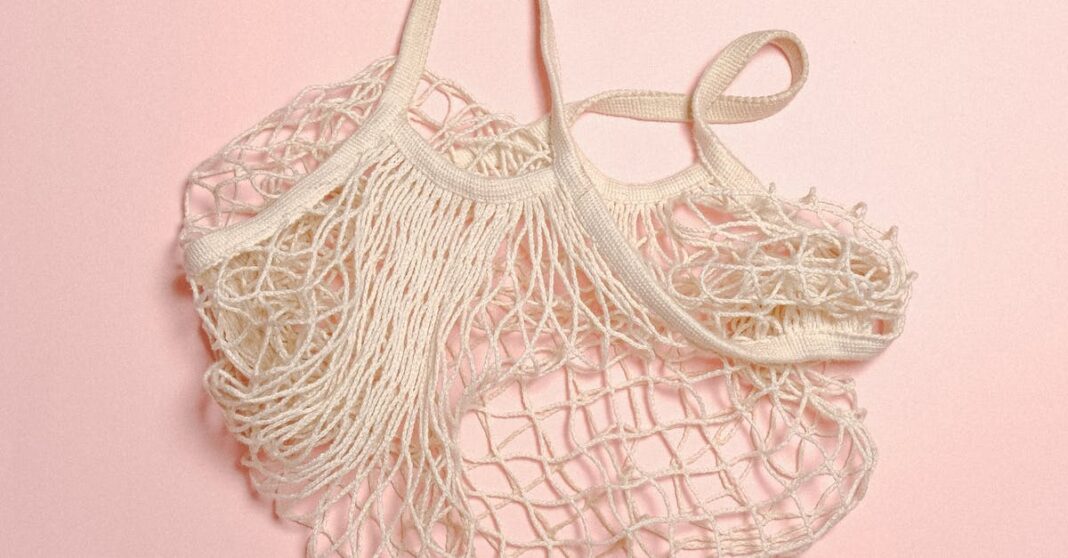If you have ever suffered from a painful toothache, or had a cavity, you know how important it is to care for your teeth. There is more to proper dental care than just brushing and flossing, though. To really take good care of your teeth, you need to use the following advice.
Finding a dentist can be hard especially if you have recently moved into a new neighborhood. There are many websites available that gives dentist scores. You may also find that your primary care physician is a good source for information on dentists located in your community. Additionally, your insurance company may be able to recommend a dentist in your area.
A toothbrush should be replaced every three to four months. If your toothbrush’s bristles tend to become frayed before the three to four months, you will need to replace your brush sooner. As soon as you notice the bristles fraying, you should discontinue use and go purchase a new toothbrush.
If cost concerns are bothering you when it comes to getting proper dental care, make sure you ask your dental provider about payment plans. Some procedures can be rather expensive, but most providers are willing to work with patients on payment arrangements. Often, an installment arrangement can be worked out and this can enable you to get immediate treatment.
It is important that you go to the dentist to have your teeth cleaned every six months. Having a professional cleaning helps to get rid of tarter build up and polishes your teeth so that they look their best. It can also help to spot cavities that might be hiding where you can’t see them.
Use fluoride, but not too much. Fluoride helps keep your teeth strong. It is especially helpful for children and teens. Too much fluoride, however, can damage teeth. If your city has fluoridated water, you may want to avoid fluoridated toothpaste. Ask your dentist to learn how to get the right amount of fluoride.
It is important to replace your toothbrush every three months. Over time, the bristles on your toothbrush become worn and stop performing as well as they should. In addition, bacteria can build up on your toothbrush and become embedded in the bristles. Replacing your toothbrush frequently is a core component of a good dental care regimen.
If you know you won’t be able to brush your teeth after a meal, try and eat foods that can act as temporary substitutes. Things like apples and celery are good for you and will act as gentle abrasion tools as you chew, cleaning the surfaces and even reaching between teeth to remove particles of food.
Brush all of the surfaces of your teeth. Many people think that they only need to clean the surfaces that are visible, but bacteria likes to hide on the hidden parts of teeth. These are the areas where various dental problems can occur. When you brush, make sure to brush the outside, inside, and chewing surfaces of every tooth.
You can remove 99% more plaque from your teeth by using oral irrigators. Try using this device instead of flossing, as it is more effective. These device use pressurized water streams to get between your teeth where brushing alone can’t reach. Your chances of optimal gum health are also increased by 93% using this device.
In order to keep your teeth in good shape, you should try to brush your teeth after every meal. Brushing your teeth will help to remove any food that is stuck. Brushing after meals can also help to prevent plaque from building up. If you cannot brush after after meal, try to brush at least twice a day.
Keep an eye on how clean your toothbrush is. Throw it out or change the head on an electric one about every two to three months. After using a brush a while, the brush will collect bacteria and food, and some will get stuck deep within the bristles. If you don’t change it out, you are just transferring all of that back onto your teeth.
Use apple cider vinegar as a mouthwash in the morning. This is an excellent way for you to get fresh breath, but more than that, apple cider vinegar can also get rid of stains on your teeth and make your teeth appear brighter. Apple cider vinegar is very inexpensive, so this is a wonderful tool in your dental care.
Every time that you brush your teeth you should floss your teeth thoroughly. Flossing is the best way to remove food from in between your teeth, which will then greatly reduce the chance that you will get cavities. The more often that you floss, the better, especially if you do it after every meal.
Now that you know more about dental care, it is time to start putting this advice to the test. Incorporate these tips into your daily routine so that you can have a bright, white smile for years to come. With this advice, you can look forward to visiting the dentist again.

